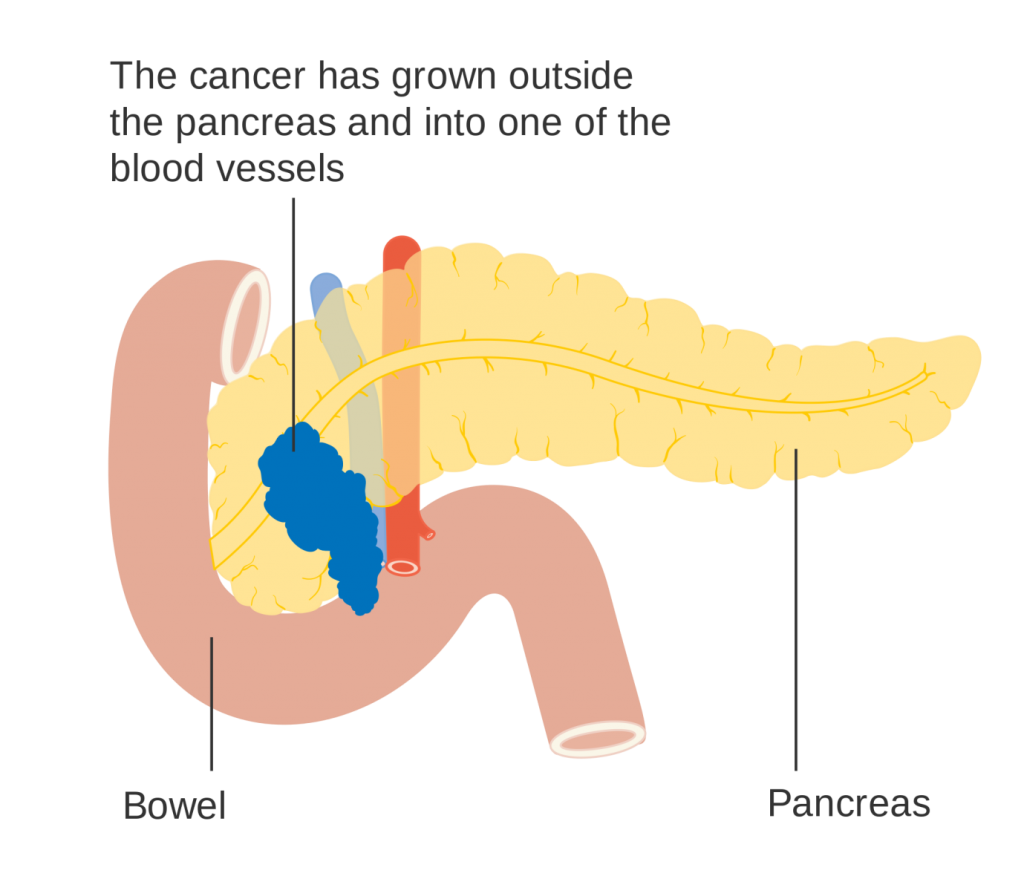Scientists are constantly working to develop more effective treatments to prevent cancer developing and treat already afflicted patients. In order for these to be approved for use they must undergo a series of clinical trials to ensure that they’re safe. There are a range of trials and studies that can be conducted depending on the area being assessed and here are three of the main forms that take place.
Pilot and Feasibility Studies
Before a trial is started researchers will often run a feasibility study first to see if it’s possible to carry out the main study, but this won’t answer any of the questions. Pilot studies are a scaled-down version of the proper trial, and are used to test if the main elements work and can also answer some of the questions. When dealing with questions like how long does it take to get an FDA 510k approved, sometimes data from the pilot can be used in the analysis.
Screening Trials
The aim of screening trials is to test people in the general population or those at a high risk to pick up early symptoms. Often types of cancer don’t have any major symptoms in the initial stages, which can mean that they’ve become fairly advanced before they’re diagnosed and this can impact on survival rates.
Trials are used to assess if new tests are effective enough at detecting the disease or to see what the benefits are of detecting symptoms early. For instance, the current bowel cancer screening programme can reduce the risk of bowel cancer fatalities by 16 per cent, but a screening trial has looked at the benefits of a new test that could be even more effective.
Prevention Trials
A prevention trial is set up to see if a new treatment can work to prevent a cancer developing and this can then go forward for further review and finally, FDA approval.
With these trials participants are not already suffering from cancer, though some will have particular risk factors, while others will just be members of the general population. For example, trials took place on a new HPV vaccine that can offer protection against seven of the main viruses that lead to cervical cancer. HPV is a sexually transmitted infection and it can lead to abnormal cervical cells which could possibly mutate into cancer in the future. It is incredibly important that women keep up to date with their smear tests and that if you feel you may have put yourself at risk of any STI that you contact an STI Testing London company such as check urself plus for advice and support.

